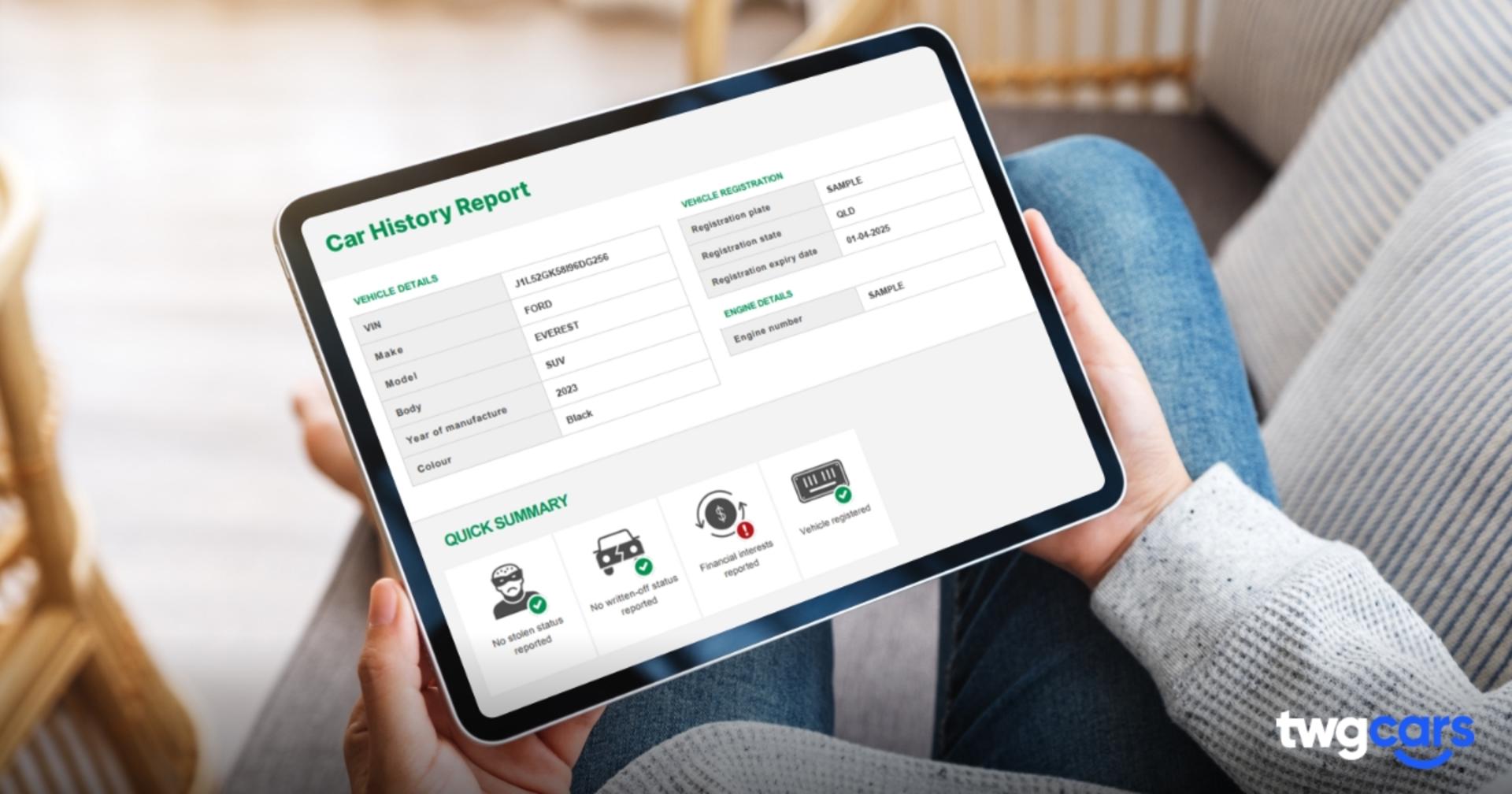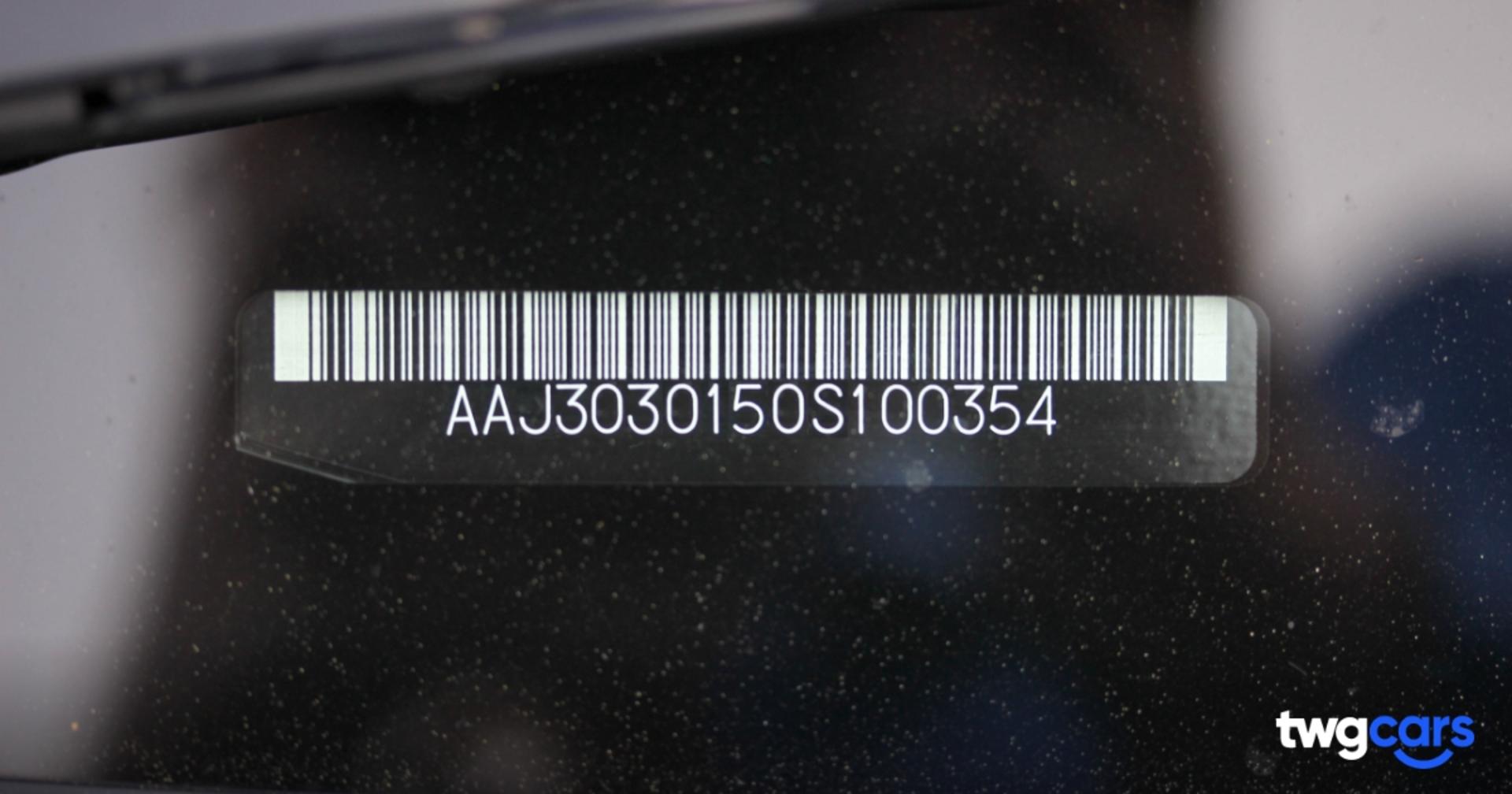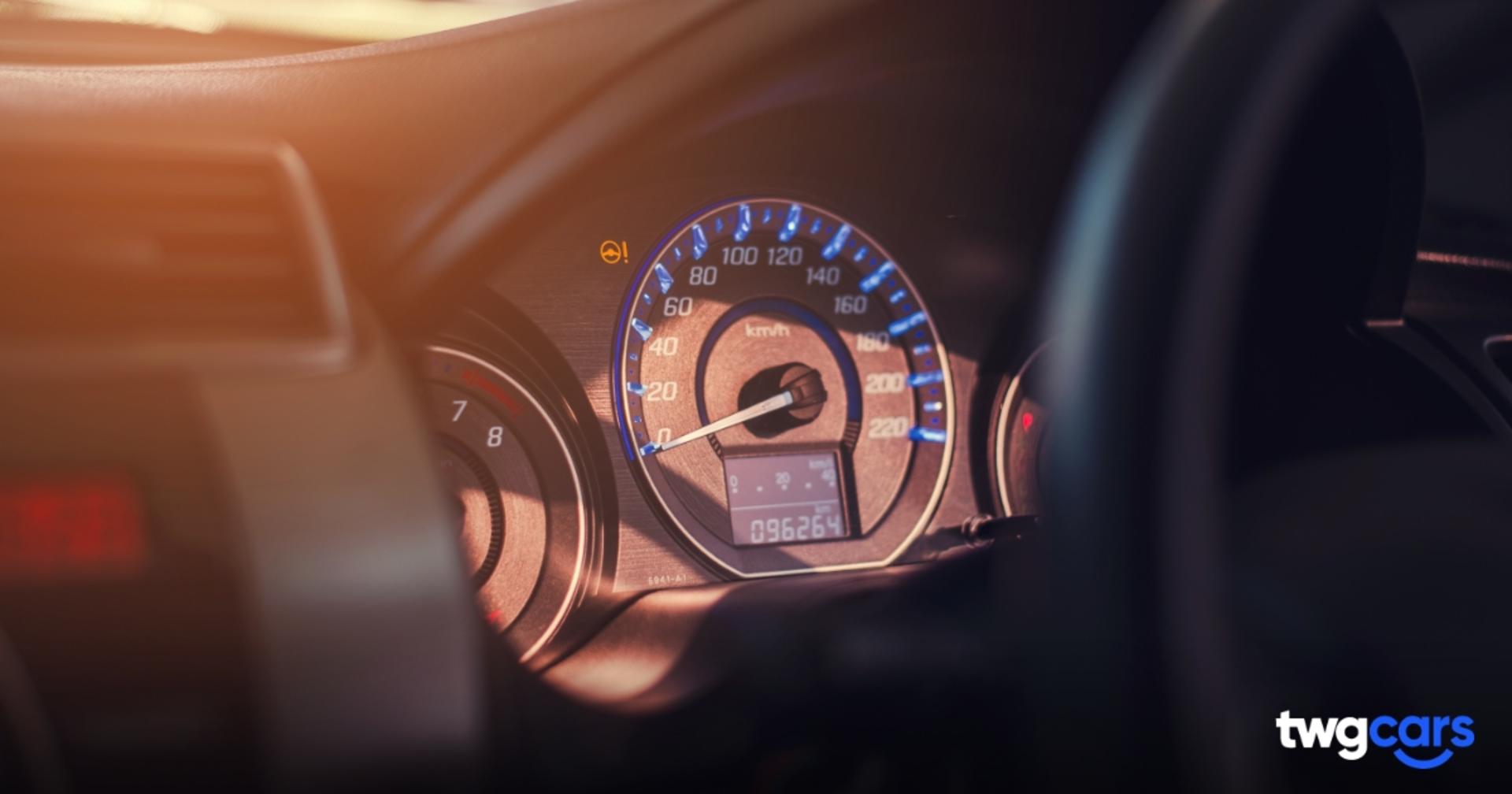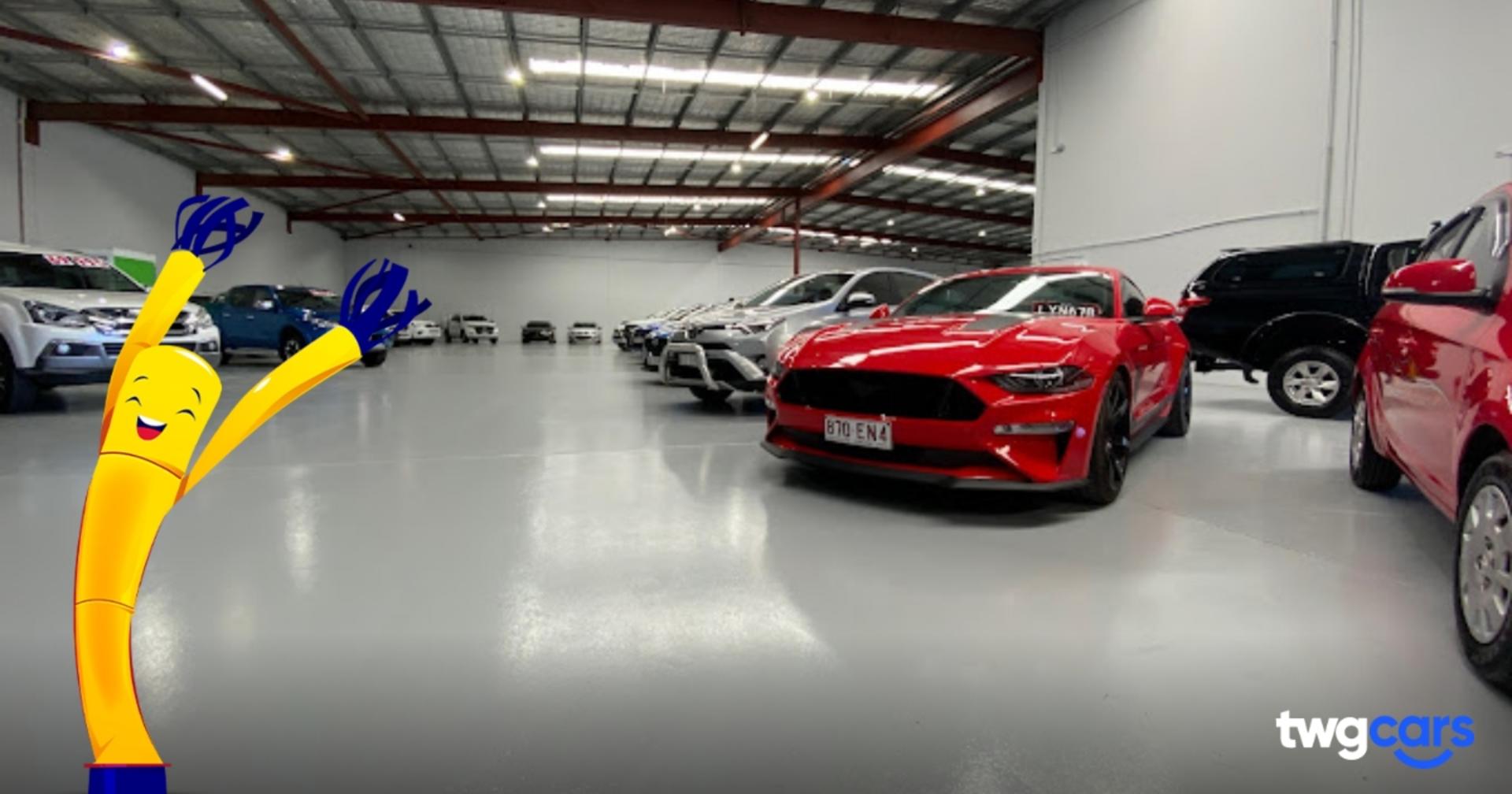How to Verify the History of a Used Car Before Purchase?

When buying a used car, verifying the car’s history is essential to avoid pitfalls.
At TWG Cars, we make this process easy and seamless for you. All vehicles purchased through us have already been through a PPSR. We thoroughly check and test all cars available on our website and dealerships to save our customers from the hassle of verifying themselves – our vehicles are Tony White quality approved.
To back the confidence we have in our cars, we provide a 3-year warranty and make-it-right promise to all TWG Cars buyers.
We know the importance of making an informed and reliable choice when buying a used car, therefore, we put in the work to ensure our customers can drive away stress-free with their new ride.
For those who’d like to verify the vehicle’s history themselves, this article will help you understand how to conduct a PPSR check, access comprehensive vehicle history reports, and identify potential financial or legal issues you must avoid.
Key Takeaways
- At TWG Cars, extensive verification and checks are conducted to ensure that the vehicles purchased through us guarantee performance and longevity.
- Conduct a PPSR check to confirm that the used vehicle is free from financial claims and outstanding debts.
- Obtain a comprehensive vehicle history report to understand the car’s past ownership, accident history, and any hidden issues.
- Choose a reputable dealership that provides transparent vehicle history reports and adheres to legal standards to ensure a safe purchase.
The Importance of Vehicle History Reports

A vehicle history report helps us understand a vehicle’s history and provides significant information. These reports include a comprehensive history of the vehicle's use over the years - detailing past ownership, accident records, and maintenance history. It also reveals issues which may be hidden in sight. A vehicle history report helps distinguish between a reliable car and a ‘lemon’.
These reports alleviate buyer anxiety by disclosing the vehicle’s outstanding finance and stolen status, among other details.
Imagine the relief of knowing that the car you’re about to buy hasn’t been involved in any major accidents or isn’t still under finance. These reports serve as a shield against potential and common pitfalls in the used car market.
Many users also find vehicle history checks crucial for avoiding hidden costs, underscoring the importance of thorough research. With tools like CarHistory, you can immediately access data and make an informed decision, confidently taking your chosen car home.
Selecting a Reliable Dealership for Purchasing Your Used Car

First things first, selecting a reputable dealership is the initial step to ensure you get a verified purchase history for the vehicle. Verify the dealership’s license to confirm compliance with legal standards and consumer protection. Additionally, look for customer reviews and ratings, as they provide insight into the dealership’s reputation and service quality.
Reliable dealerships like TWG Cars always provide transparent vehicle history reports, aiding buyers in making informed decisions. Furthermore, adherence to regulations makes the purchases made via dealerships reliable and secure.
Understanding the Personal Property Securities Register (PPSR)
The Personal Property Securities Register (PPSR) is designed to protect consumers buying personal property like cars. A PPSR check uncovers any outstanding finance on the vehicle. Purchasing a car with outstanding finance could lead to repossession by the lender. Thus, a PPSR check is an essential step in the used car buying process.
Private sellers may not inform potential buyers about any outstanding finance. A PPSR search certificate offers this crucial information about the car being purchased. You can order a free PPSR search certificate by simply filling out the form with the car’s VIN and your mobile number for SMS verification. It only takes about 10 minutes to receive the PPSR search certificate.
The PPSR check should be conducted on the day of purchase to ensure there are no last-minute changes in the report. This final check ensures the vehicle you are buying is free from financial encumbrances.
At TWG Cars, all our vehicles have already been through PPSR and rigorous checks to guarantee quality and transparency.
How to Access a Comprehensive Vehicle Report

You can access the comprehensive vehicle report with the vehicle identification number (VIN), a 17-digit alpha-numeric code unique to each vehicle. With the VIN, you can check if a vehicle has been reported stolen or has a salvage title. This step ensures the vehicle’s legitimacy and safety.
A CarHistory report costs $39.95, a minimal fee given for the wealth of information it provides. The report includes past odometer readings, helping in verifying the accuracy of the odometer displayed. However, you must also compare these readings with service records to ensure consistency and reveal potential odometer tampering.
While VIN Checks offer some history, comprehensive reports are necessary to see the full picture. A comprehensive report covers outstanding debts, theft status, previous accidents, and service records, providing a holistic view of the car’s history.
Key Details You Can Find in a Vehicle History Report

A vehicle history report encompasses the history of a used motor vehicle and a PPSR Certificate. It provides vital information, including registration, mileage, damage reports, and stolen status. Other details include safety recalls, automated finance updates, write-off checks, and price valuation analyses.
These insights ensure you have all the necessary information to make an informed purchase decision.
Financial Risks to Look Out For
Financial risks such as outstanding finance or security interests can significantly impact new ownership when buying a used car. If money is owed on the vehicle, you could be liable for it upon purchase, which might result in the finance company repossessing the vehicle.
A thorough vehicle history check identifies these financial obligations, ensuring there are no surprises with existing finances. This step safeguards your investment and avoids unexpected financial burdens.
Stolen and Written Off Status
Determining whether a vehicle has been reported stolen is essential to avoid legal complications. NEVDIS data offers clear indicators to determine such information, helping buyers make better decisions. This data ensures the vehicle’s legitimacy and provides peace of mind.
NEVDIS data also confirms whether a vehicle has been recorded as written off. This information is crucial as it affects the car’s safety, resale value, and insurability.
Therefore, it is always recommended to check the stolen and written-off status before purchasing a used car.
Odometer Readings and Service Records
Monitoring the odometer readings in vehicle reports helps evaluate a car’s overall wear and potential maintenance needs. Consistent odometer readings indicate a reliable usage history. Discrepancies in these readings might suggest that the odometer has been tampered with, which is a significant red flag.
Cross-referencing the car’s service manual with the vehicle history report ensures proper maintenance. A well-documented car history reassures you of proper care, reducing future mechanical issues.
Additional Checks To Do Before Purchasing a Used Car
Besides vehicle history reports, additional checks are essential to ensure the car’s overall condition and legality. These checks add an extra layer of security, aiding a well-informed purchase.
Road Registration Check
Before purchasing a car, ask the seller for a copy of the road registration papers. An online registration check will provide you with vital information such as the car’s registration details, make and model. This check confirms the car is legally registered and roadworthy.
Ensure the registered operator, registration plate number, and VIN on the registration papers match those on the PPSR search certificate. This verification step ensures no discrepancies in the car’s documentation.
NEVDIS Data Verification
NEVDIS data provides accurate vehicle information so buyers have all the necessary information before deciding. State and territory road agencies and police can provide NEVDIS data relevant to a vehicle. This data includes information on stolen vehicles, written-off status, and other critical details.
For cars registered in Tasmania, search the Transport Tasmania website to verify the NEVDIS data. This step ensures the most accurate and up-to-date information on the vehicle's history.
Benefits of Buying from a Reputable Used Car Dealership

Buying from reputable dealerships seals your purchase with an added layer of safety as dealerships must adhere to strict regulations. These regulations offer more legal protection to buyers compared to private sellers. Dealerships often provide additional services, like roadside assistance, to enhance the customer experience.
Dealerships generally guarantee better customer support and after-sales assistance. A reputable dealership will have clear and fair policies, demonstrating confidence in the vehicles they sell.
At TWG Cars, we provide a three-year standard warranty with all our vehicles. This is included in the purchase price, along with our quality-approved and make-it-right promise. We guarantee complete customer satisfaction so you have confidence in your purchase.
Browse TWG Car’s range of available used vehicles.
Summary to Verifying a Used Car’s History Before Purchase
Verifying the history of a used car before purchase is not just a precaution but a necessity. Throughout this blog post, we’ve highlighted the importance of vehicle history reports, the value of selecting a reliable dealership, and the critical role of the PPSR in safeguarding your investment. By conducting thorough checks, including mechanical inspections and road registration checks, you can significantly reduce the risks associated with buying a used car.
Remember, knowledge is power. Armed with the right information, you can make confident, informed decisions and avoid the pitfalls that many used car buyers face. Whether it’s understanding the financial implications, verifying the vehicle’s stolen or written-off status, or checking the odometer readings, each step you take brings you closer to securing a reliable and safe vehicle.
At TWG, we will do the work for you. We make sure all our cars meet the quality standards and have a favourable history to deliver longevity. We make sure all reports and paperwork are up to date for your review so you can have peace of mind before making the purchase.
Frequently Asked Questions
H3: Why is a PPSR check important when buying a used car?
A PPSR check is essential when purchasing a used car as it discloses any outstanding finance on the vehicle. This information helps prevent potential repossession by a finance company, shielding you from unexpected financial and legal complications.
How can I obtain a comprehensive vehicle history report?
Using the vehicle’s VIN, you can obtain the vehicle history report on ppsr.gov.au, which costs only $2. More comprehensive reports can be found on the websites of the State Registration and Licensing Services body.
What is a VIN and how can I find it?
The VIN is a unique 17-character code that identifies a vehicle. It can usually be found on the dashboard, near the windshield, or on the label or plate inside the driver’s side door frame.
Is a vehicle history report always accurate?
While vehicle history reports provide valuable information, they may not be 100% complete. Some incidents may not be reported, especially if not filed with authorities or insurance companies. Therefore, it’s essential to verify your car’s history from more than one source.
How can I verify the car's mileage?
Cross-check the mileage on the vehicle history report with the odometer reading and look for any discrepancies between service records and odometer readings.
What if the car has a salvage title?
A salvage title means the car has been declared a total loss by an insurance company due to damage or theft. It could indicate serious issues, and it is always recommended not to purchase such a vehicle.
References
- What can a CarHistory report reveal about a used vehicle? - https://www.carhistory.com.au/blog/what-can-carhistory-report-reveal-about-used-vehicle


